1.axios的基本使用
<!doctype html>
<html lang="en">
<head>
<meta charset="UTF-8">
<meta name="viewport" content="width=device-width, user-scalable=no, initial-scale=1.0, maximum-scale=1.0, minimum-scale=1.0">
<meta http-equiv="X-UA-Compatible" content="ie=edge">
<title>axios基本使用</title>
<link crossorigin="anonymous" href="https://cdn.bootcss.com/twitter-bootstrap/3.3.7/css/bootstrap.min.css" rel="stylesheet">
<script src="https://cdn.bootcdn.net/ajax/libs/axios/0.21.1/axios.min.js"></script>
</head>
<body>
<div class="container">
<h2 class="page-header">基本使用</h2>
<button class="btn btn-primary"> 发送GET请求 </button>
<button class="btn btn-warning" > 发送POST请求 </button>
<button class="btn btn-success"> 发送 PUT 请求 </button>
<button class="btn btn-danger"> 发送 DELETE 请求 </button>
</div>
<script>
//获取所有按钮
const btns = document.querySelectorAll('button');
//给第一个按钮绑定事件
btns[0].onclick = function(){
//发送 AJAX 请求
axios({
//请求类型
method: 'GET',
//URL
url: 'http://localhost:3000/posts/2',
//then方法指定成功的回调
}).then(response => {
console.log(response);
});
}
//添加一篇新的文章
btns[1].onclick = function(){
//发送 AJAX 请求
axios({
//请求类型
method: 'POST',
//URL
url: 'http://localhost:3000/posts',
//设置请求体
data: {
title: "今天天气不错, 还挺风和日丽的",
author: "张三"
}
}).then(response => {
console.log(response);
});
}
//更新数据
btns[2].onclick = function(){
//发送 AJAX 请求
axios({
//请求类型
method: 'PUT',
//URL 把id为3的张三改成李四
url: 'http://localhost:3000/posts/3',
//设置请求体
data: {
title: "今天天气不错, 还挺风和日丽的",
author: "李四"
}
}).then(response => {
console.log(response);
});
}
//删除数据
btns[3].onclick = function(){
//发送 AJAX 请求
axios({
//请求类型
method: 'delete',
//URL
url: 'http://localhost:3000/posts/3',
}).then(response => {
console.log(response);
});
}
</script>
</body>
</html>2. axios其他方式发送请求

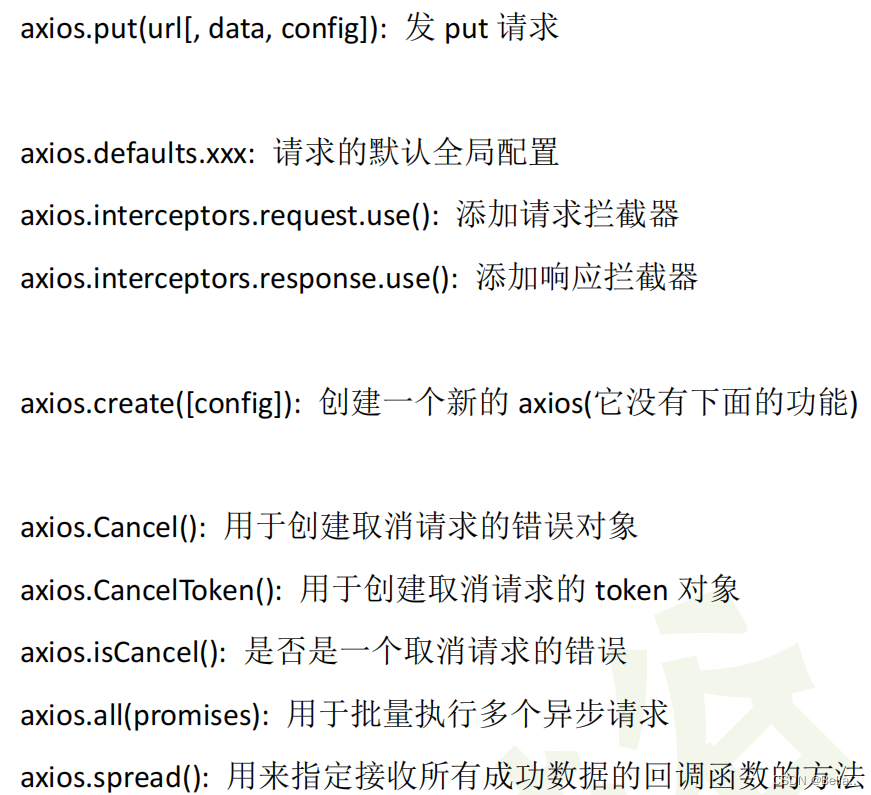
<script>
//获取按钮
const btns = document.querySelectorAll('button');
//发送 GET 请求
btns[0].onclick = function(){
// axios()
axios.request({
method:'GET',
url: 'http://localhost:3000/comments'
}).then(response => {
console.log(response);
})
}
//发送 POST 请求
btns[1].onclick = function(){
// axios()
axios.post(
'http://localhost:3000/comments',
{
"body": "喜大普奔",
"postId": 2
}).then(response => {
console.log(response);
})
}3. axios请求响应结果的结构
config:配置对象,包括请求类型,请求url,请求体等等数据
data:响应体的结果,axios自动将服务器返回结果做了json解析成了对象,方便对结果处理
hesders:响应的头信息
request:原生的ajax请求对象,request这个属性所保存的是axios在发送请求时所创建的ajax对象(HTMLttpRequest实例对象)
status:响应状态码
statusText:响应的状态字符串
4.axios配置对象详细说明config
url:给谁发送请求
method:请求类型get/post
baseURL:设定url的基础结构,设置url就只需要设置后面的路径(和url结合形成最终的url结果)
transformRequest:对请求的数据进行一个处理,将处理后的结果发送给服务器
transformResponse:对响应的结果做一些改变
hesders:对请求头信息做一个配置,eg:进行身份校验的时候要求在头信息中加入特殊的标识
params:设定url参数的,eg:a:100,b:200变成字符串缀到url后面,向服务端发送请求
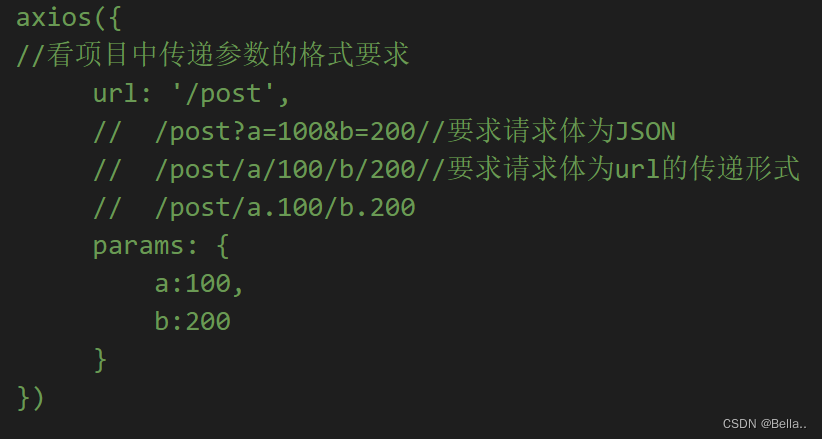
timeout:超过请求时间就会结束
ResponseType:对响应体结果格式进行设置,服务器返回结果默认值是JSON格式
maxRedirects:最大跳转次数5次,向一个服务发送请求以后跳转,最多5次,node.js里面用的多

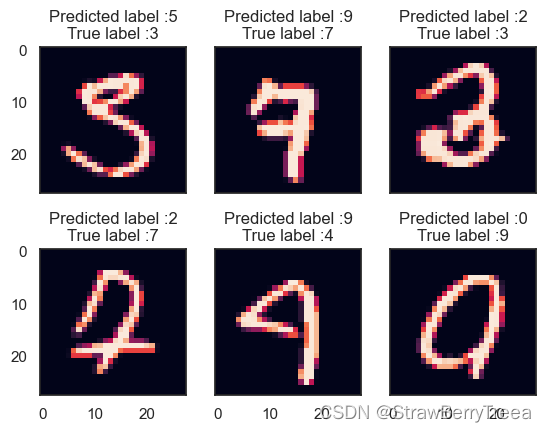
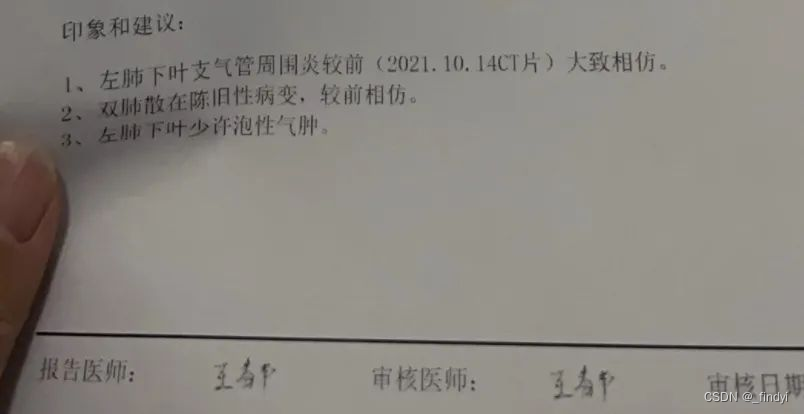
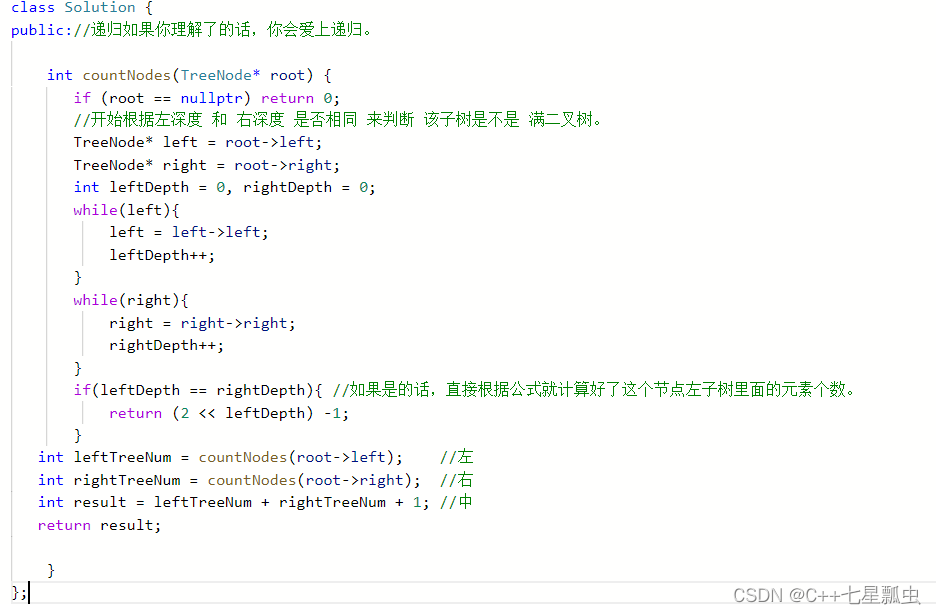
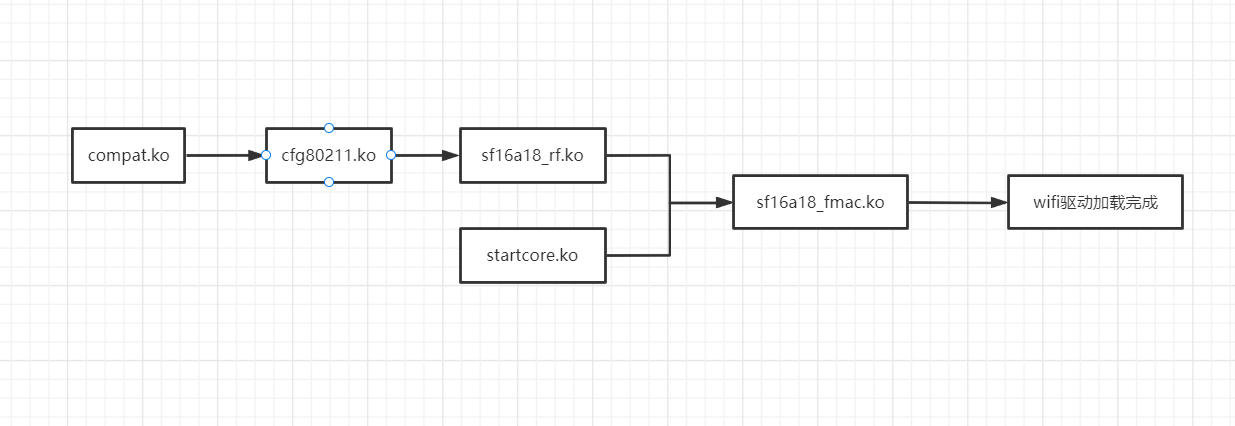
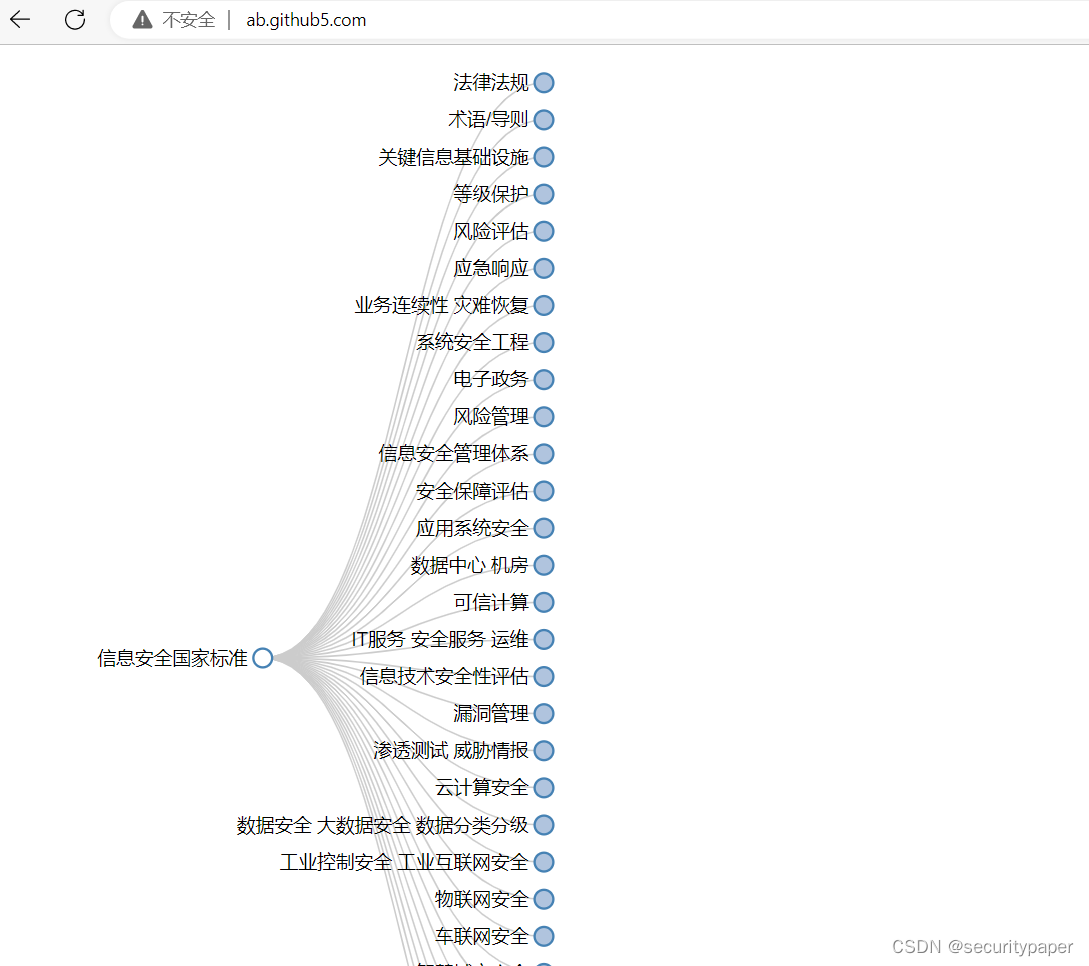
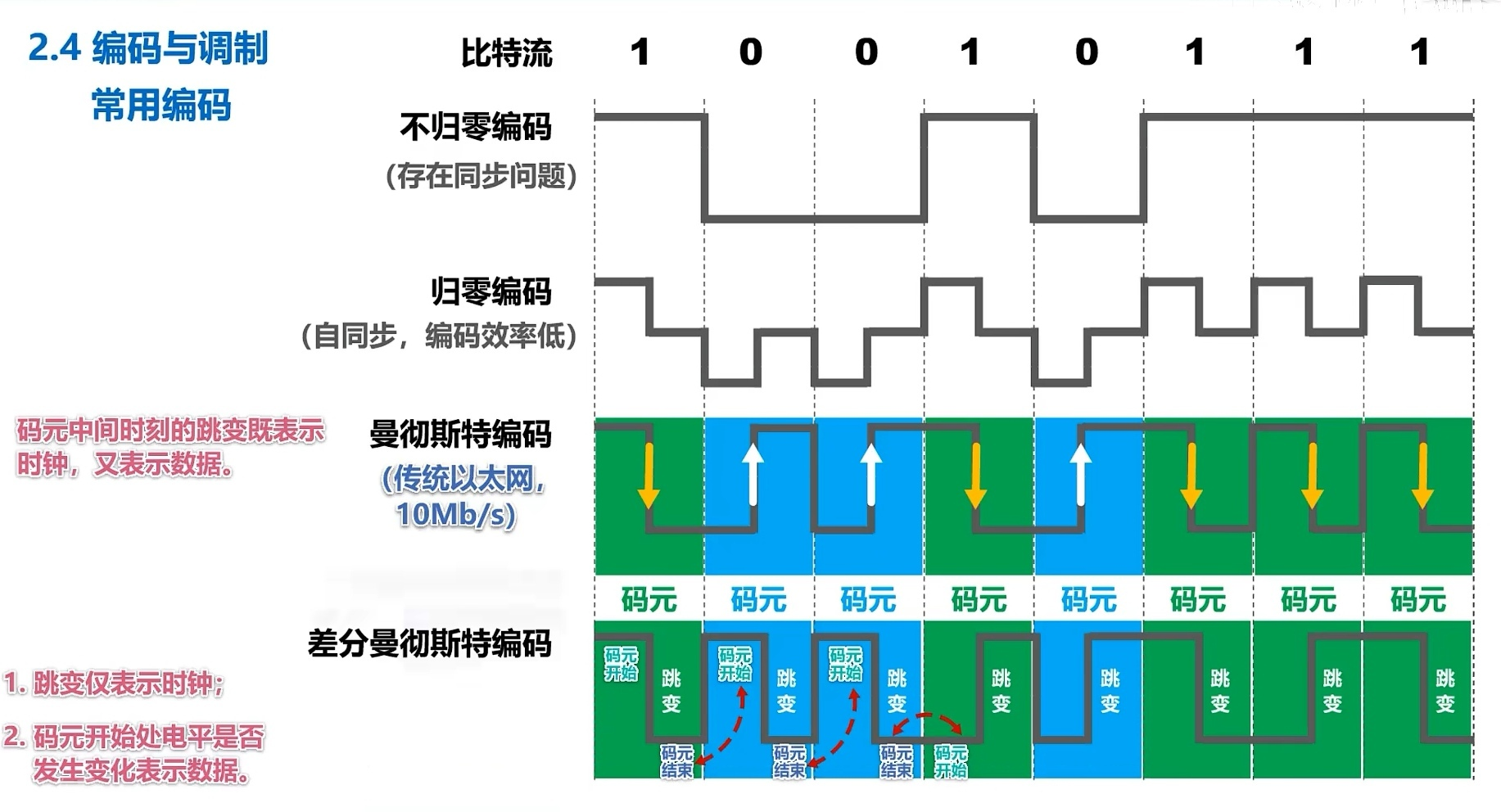

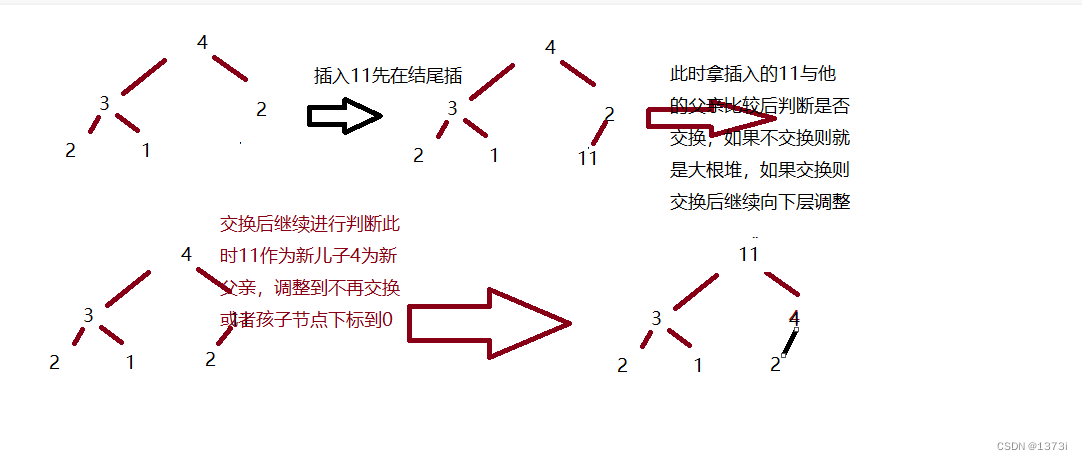
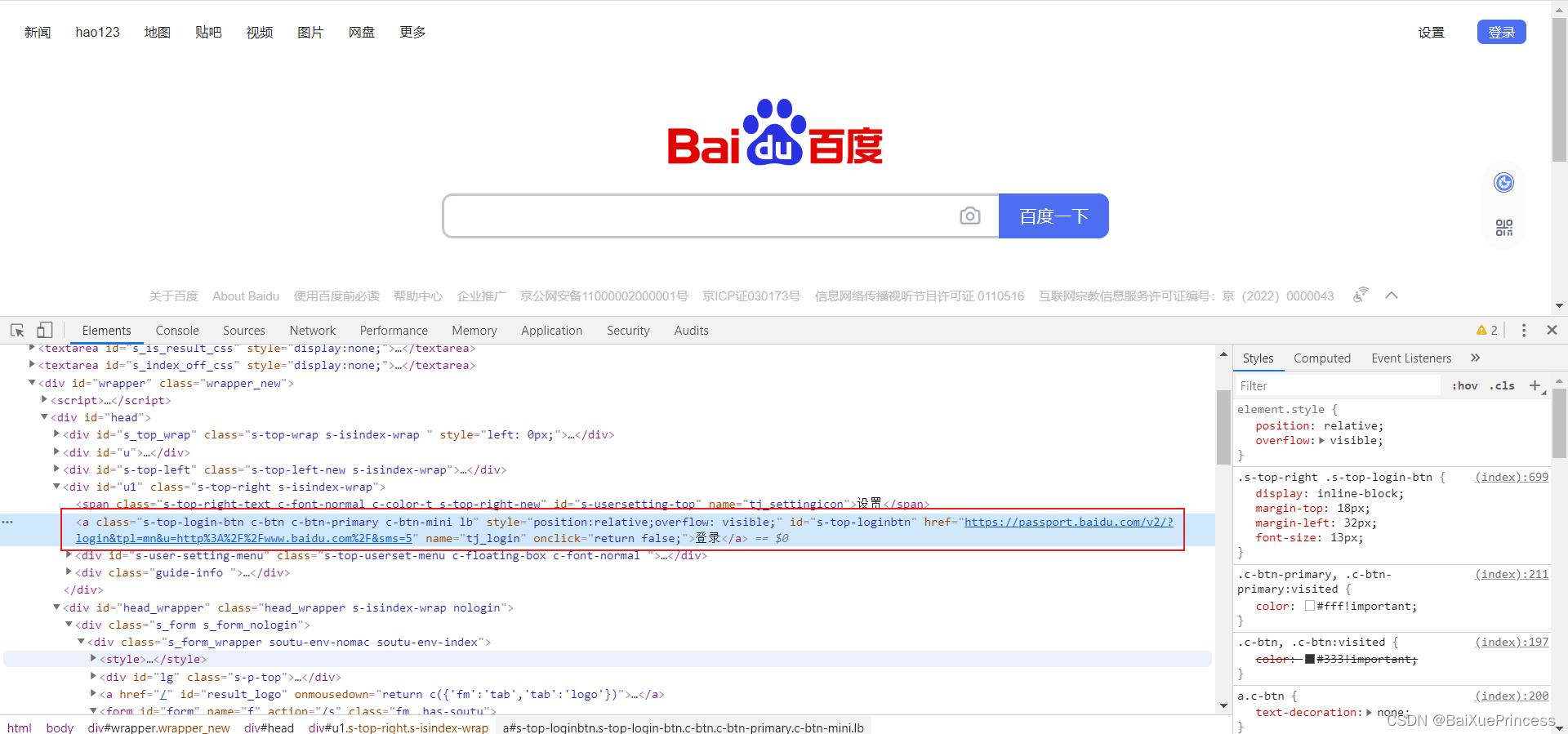
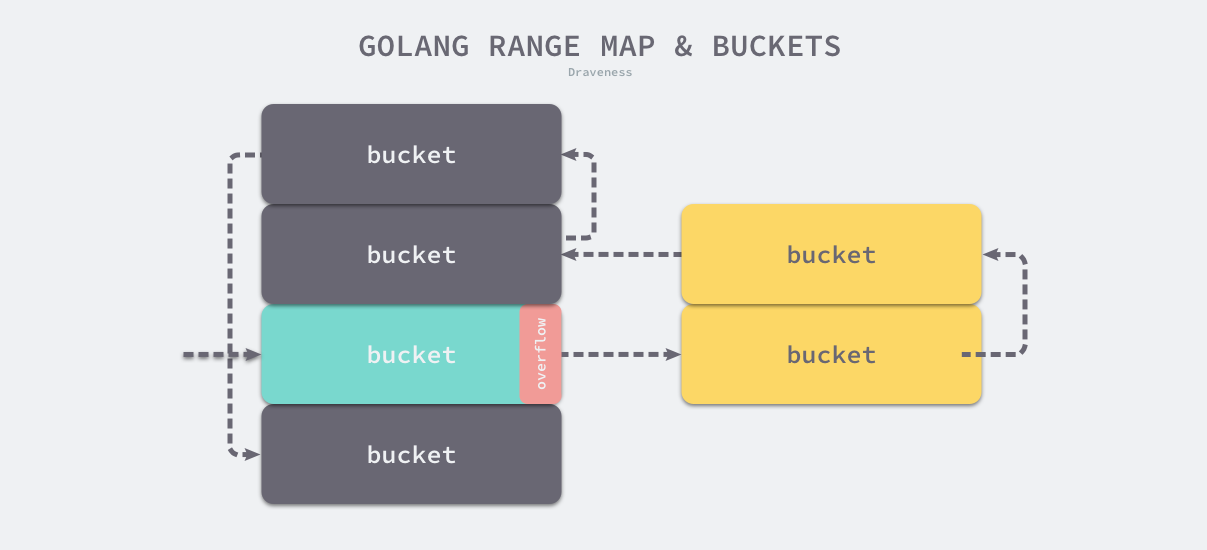

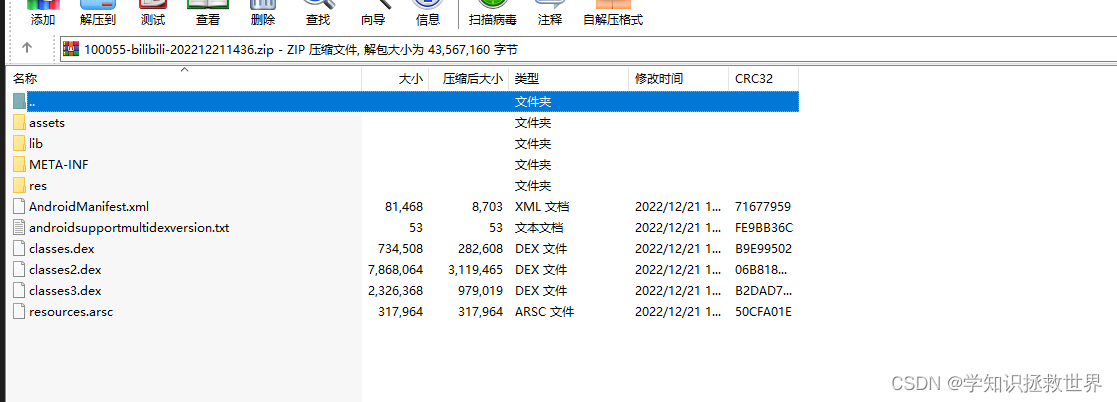



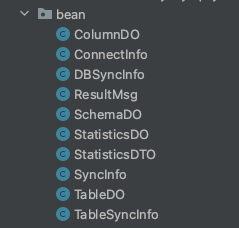

![[机缘参悟-95] :不同人生、社会问题的本质](https://img-blog.csdnimg.cn/img_convert/85631530ea018ce54650f42cdc126b41.jpeg)